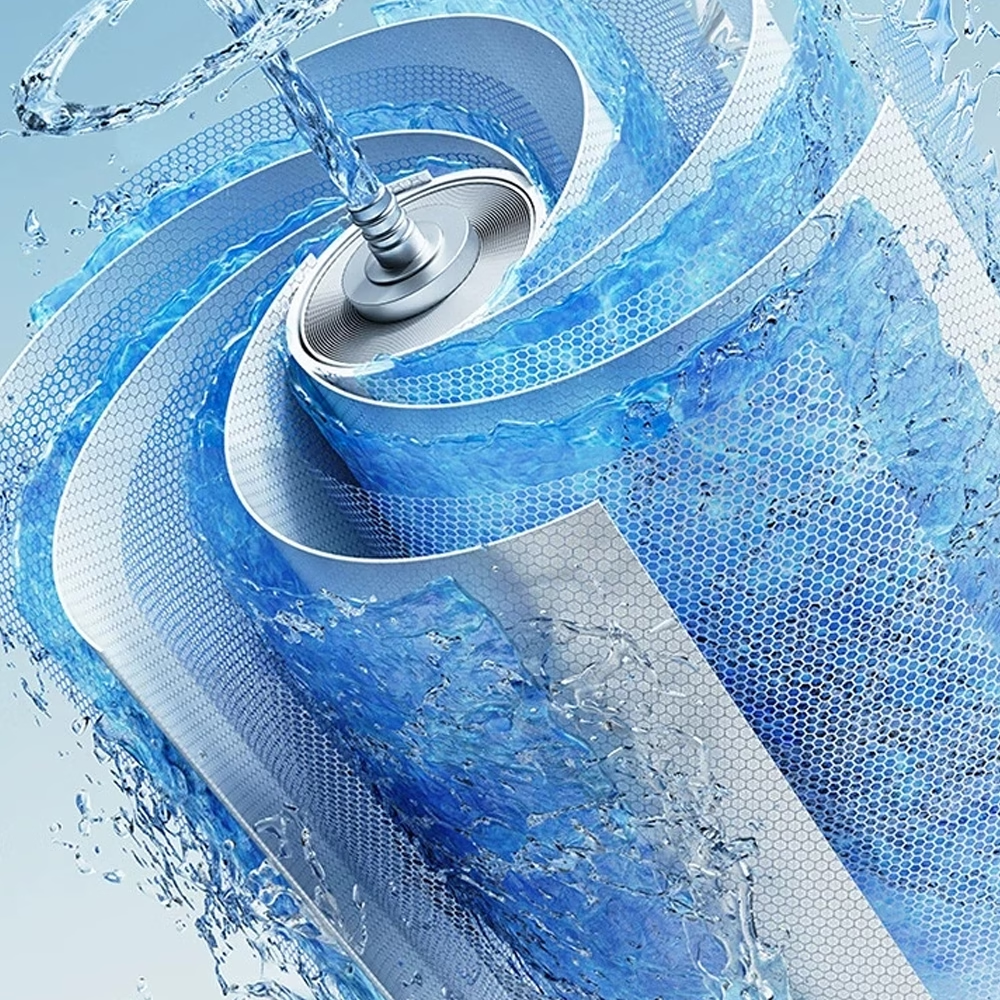I learned about the hard water problem the hard way. Years ago, a café operator in Los Angeles told me his shiny new espresso machine barely lasted three years before it needed a full boiler replacement. The culprit wasn’t bad engineering. It was the hard water in California that slowly clogged the machine with mineral scale.
Since then, I’ve heard the same story up and down the West Coast—from San Diego cafés to hotel operators in Nevada. Machines that should last 8–10 years often see their lifespan cut in half. That’s why more coffee machine manufacturers now offer hard water coffee machine filter versions, designed specifically for regions with high mineral content.

Why West Coast coffee machines face unique water challenges
Water hardness varies across the U.S., but on the West Coast, especially in California and Nevada, the levels are consistently high. Minerals like calcium and magnesium flow straight into the pipes and into your machines.
If untreated, these minerals form thick scale deposits inside boilers, pumps, and valves. You don’t always notice it right away, but brewing gets slower, coffee tastes flat, and eventually, the machine fails.
I’ve visited offices where brand-new bean-to-cup systems lost half their capacity within two years—just because they were connected without a filter. That hidden cost can wipe out ROI quickly
How hard water filters solve the problem
Coffee machine suppliers have started adapting specifically for the U.S. West Coast market.
Special hard water filter cartridges
These cartridges sit in the water line and reduce calcium and magnesium before water reaches the boiler. Unlike generic filters, hard water coffee machine filters are engineered for higher mineral loads.
Extended machine lifespan
With proper filters, a machine that would fail in three years can easily last six to eight. I’ve seen operators save thousands of dollars just by upgrading their filter system.
Better taste and consistency
Hard water doesn’t only hurt machines—it changes coffee flavor. By stabilizing mineral levels, these filters keep espresso shots consistent. Hotels and offices I’ve worked with often report fewer complaints from guests once they switch.
(Internal link suggestion: Insert a link to water-quality related content on Sheen Blog)
Why procurement managers and facility operators should act
If you’re responsible for multiple coffee machines—whether in a corporate office, hotel group, or university campus—you already know maintenance bills pile up fast.
Imagine extending machine life by 50% just by using the right filter. That’s fewer breakdowns, less downtime, and happier users. Plus, offering consistently good coffee is no small thing: in client-facing spaces, it reflects directly on your brand.
In one Reno office case I reviewed, three vending-style coffee machines were failing every two years. After adding hard water filters, they’ve now run for five years with only minor service calls. That kind of reliability changes budget planning.
Practical steps to manage hard water issues
Here’s how I usually guide B2B clients when they first discover their region has hard water:
- Test your water — Local water boards often provide hardness data, or you can use simple test strips.
- Request a hard water filter version — When sourcing machines, ask directly if the supplier offers West Coast–specific filter systems.
- Plan filter replacement — Filters need to be swapped regularly, often every 6–12 months depending on usage.
- Track service costs — Compare maintenance bills before and after filters. The savings speak for themselves.
- Pilot one site first — Run a 6-month trial at one café, hotel, or office. Collect user feedback and track downtime.
If you’d like help choosing the right setup, we can share best practices from clients across California and Nevada. Contact us today and we’ll prepare a tailored filter plan for your machines.
FAQ
1. What is a hard water coffee machine filter?
It’s a specialized cartridge or system that reduces calcium and magnesium levels in water before it enters the coffee machine, preventing scale buildup.
2. How does hard water damage coffee machines?
Minerals in hard water form deposits inside boilers and pipes, slowing performance, changing taste, and eventually breaking critical parts.
3. How often should filters be replaced in hard water regions?
Typically every 6–12 months, but high-traffic sites may need more frequent changes. Usage volume is the key factor.
4. What is the cost benefit of using hard water filters?
By doubling the expected machine lifespan, filters can save thousands in replacement and repair costs while ensuring consistent quality.
5. How can I test if my location has hard water?
You can request local water reports, use test strips, or ask your coffee machine supplier to check hardness levels before installation.
Final Thought
When it comes to coffee machines, water is not just an ingredient—it’s a hidden cost driver. On the U.S. West Coast, ignoring hard water can cut your machine’s lifespan in half. By choosing hard water coffee machine filter versions, you not only protect your investment but also deliver better coffee, every single day.
If you want to see what a tailored filter solution looks like for your office, hotel, or café, just reach out. We’ve built filter plans that match local water data with machine type—making procurement decisions simpler and smarter.
